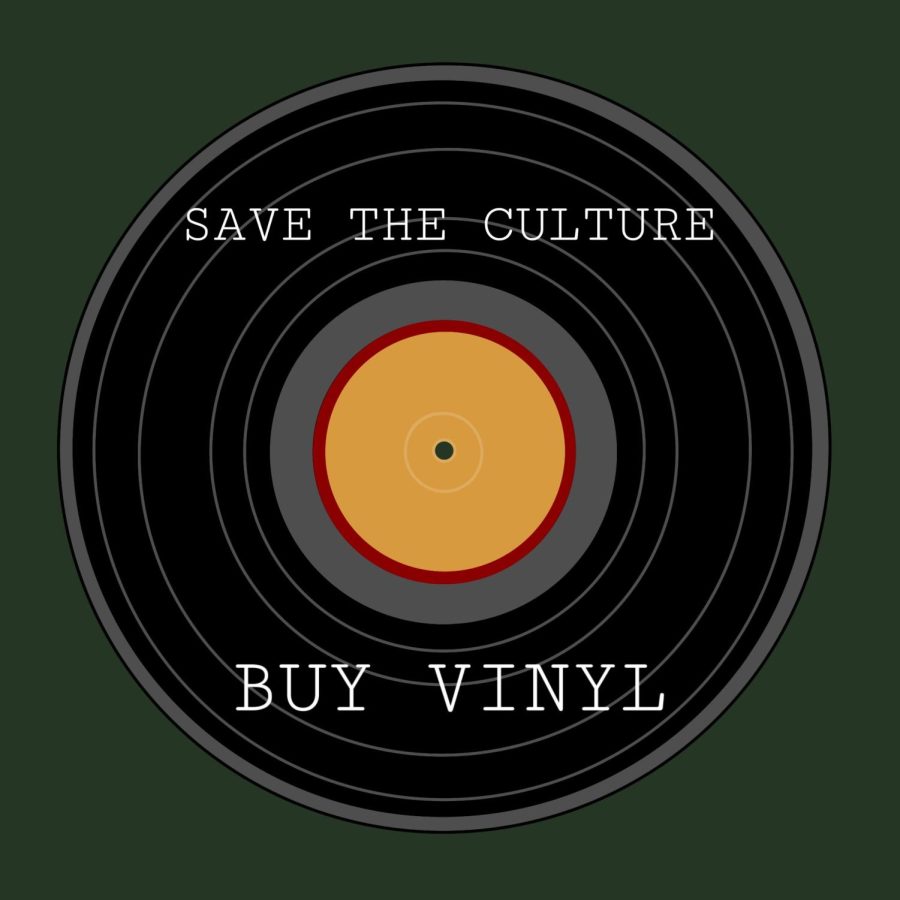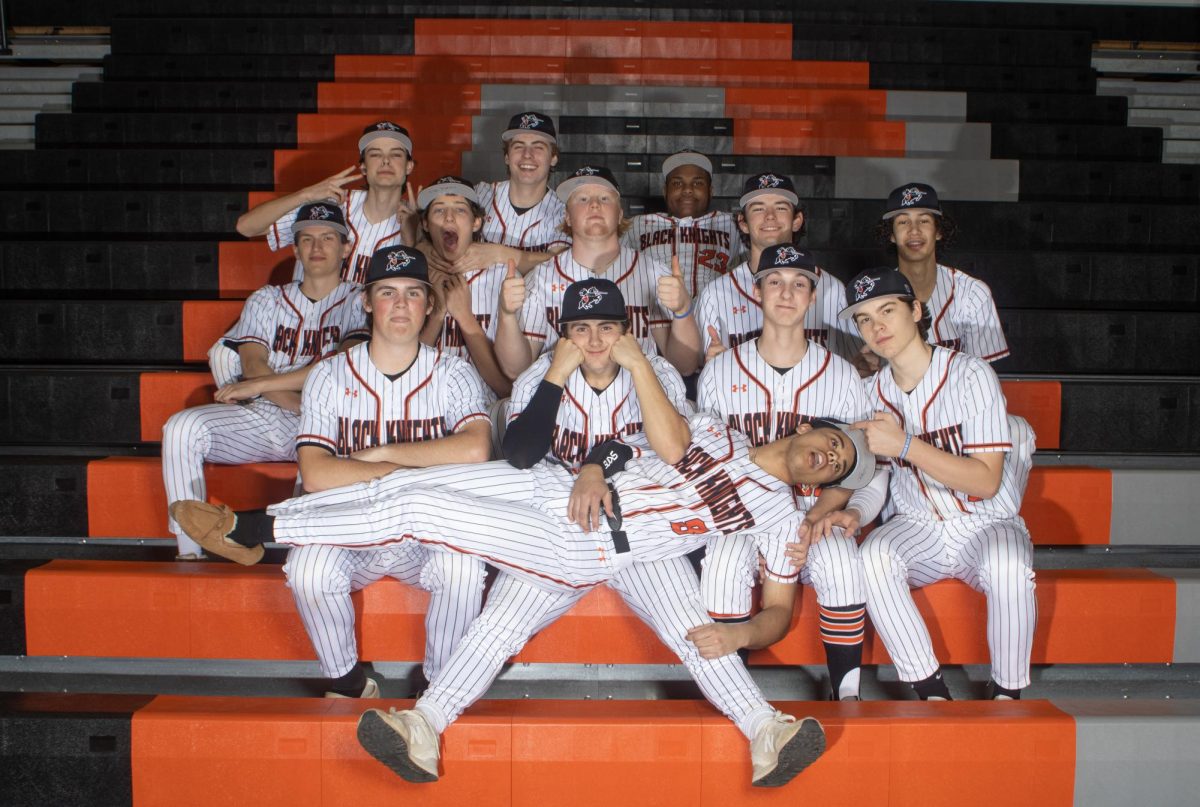Records In Society
April 20, 2023
Recently I found a box in my basement full of old CDs from the 90s that belonged to my mom. It was a time capsule of classic alternative music, Nirvana, Green Day, Liz Phair, Fiona Apple, The Beastie Boys, and more. It made me so happy. There’s just something so special about being able to physically hold your favorite album. But, in the digital age, CDs, records, and cassettes are becoming more and more, seemingly, unnecessary. With all the music in the world at your fingertips for the low price of $9.99 a month, why should anyone care about the less convenient option for music consumption? Well, that’s what I’m here to tell you!
A big question surrounding modern music consumption is the ethics behind it. The big question is, “What is the most ethical way to listen to music?” There is no one right answer but a lot of people automatically assume it is streaming music. In reality most streaming services pay musicians using a pro-mata model, which means the money from subscriptions gets put together and then distributed among artists with the most popular songs of that month getting the bigger share. This can be detrimental for indie artists who don’t have as big of a fanbase as more popular musicians. Purchasing physical copies of the music benefits the artist more, as well as the record store who you (hopefully) bought it from. Most remaining record stores are locally owned so you’re supporting a small business, which is always a huge plus!
Most people who listen to physical copies of music choose this platform because of personal/sentimental reasons. One big part of that is simply the culture surrounding it. There’s the part where you’re shopping in a record store and you feel like you’re in a teen movie from the 70s or 80s, and then there’s the community. You can flip through your favorite genre, hoping to find an undiscovered gem, and talk to other people who love music just as much as you do. Buying physical copies of music is also an investment, the older it gets, the more it’s worth. A lot of people prefer them because the sound quality is unmatched. The grooves in the vinyl allows for more space to hear all of the individual instruments and how they contribute to the piece as a whole. And CDs produce a wider dynamic range and more bass. People love physical copies of music for so many reasons, ensuring that record culture will live on.
Who better to talk to about physical copies of music than a record store owner? I recently spoke with Cal Glattfelder, the owner of the local record store “Sidetracks”, located near the Downtown Mall. Here’s what he had to say:
How long have you been involved in the music/record business?
“20 years now.”
Why did you decide to open this store?
“About 20 years ago.”
Do you feel like physical copies of music have a certain importance, whether it’s within music culture, pop culture, or the music industry?
“Oh definitely. I mean with a physical copy you actually own it, versus I guess you could say borrowing or renting it from streaming services.”
Something I find really cool about record stores is that they almost serve as a time capsule for music history and every time you buy a used CD, record, or cassette, you now own a little piece of that. Do you feel the same way?
“Yeah, for me it’s seeing stuff from anywhere in the 1950s to today. Looking at it all change is very neat. There’s so many hidden gems that you find, even now. People get really excited when they see stuff that they owned 30 years ago. It brings back a lot of memories from when they were young.”
Do you find that more or less people are coming in since the digital age of music?
“Well it’s shifted. Like 20 years ago we sold like 90% CDs and now we well like 75% records and 25% CDs. So it’s changed a bit. There was a time when people weren’t buying so much but it’s come back up again in the last 10 years or so.”
Is there anything else you wish people know about records or your store in particular?
“Just to come see and take a look around.”
I’d be remiss if I didn’t ask, if you were stranded on a desert island with nothing but a turntable and a car battery, what five albums would you want with you?
“Ohh I have to go with Electric Ladyland by Jimi Hendrix, The White Album by The Beatles, I Am Not Afraid Of You by Yo La Tengo, anything Jazz, and Bitches Brew by Miles Davis. Those are all double albums too so I’d get more, haha.”
Music is an essential part of our society. The “best” way to listen to it is a debate that has come into prominence over the past couple decades. It’s a generational argument as well as an ethical argument. Hopefully this article gave you some information about physical copies of music that you didn’t know. A special thank you to Cal from Sidetracks for talking with me. Here is a list of the record stores in Charlottesville, give them a visit and maybe find a new place to shop. SUPPORT YOUR LOCAL RECORD STORES!
Sidetracks: 310 2nd St SE
Plan 9: 339 Hillsdale Dr
Melody Supreme: 115 4th St SE





